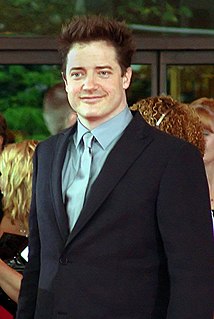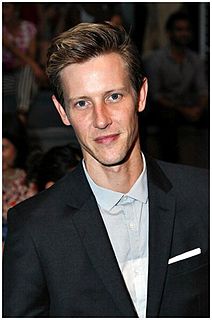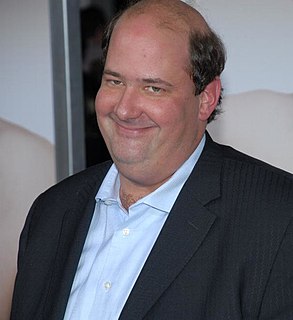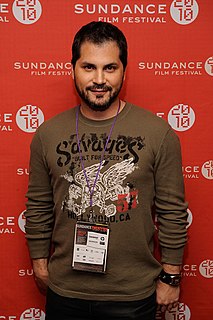A Quote by Shoojit Sircar
I call it an ensemble cast or the world of 'Gulabo Sitabo' which is about the lifestyle of my characters. I just go and sit there in a corner and observe these characters through my camera. That's how I shot the film.
Related Quotes
Silence Of The Lambs? is a ?fantastic? film. It's a horror film, and it's an incredibly well-told film that is about point of view in such a unique way. The way that film is shot, the way the eyelines are so close, if not directly into camera, betrays an intimacy with the characters and the audience.
I just rely on the text to speak for itself and then speak it as I believe it to interpret it, and then just know that the rules of the world that we're creating allow for things to come to life, and then just trust in the process of making a film. Hopefully we'll make a sequel, because if we do, we had such a great time as an ensemble, I think the best thing to do would be to just take the whole cast back. This is Iain's idea and I agree with it. Just reincarnate all the characters and put them back into the world. There's no rules. Why couldn't we do that?
I know when I watch a film at this point, if I completely lose myself in the characters and the story and the world of the film I know that it's at least in my opinion, that was great. Otherwise I'm thinking: "Oh I know they were just doing A, B and C, right before they walked into the scene, then the camera was there, then they probably took the shot from this reverse close-up and moved it into this." When all of that drops away then I'm like: "Okay this was phenomenal, this was fantastic." I mean, any film or TV performance in general is probably good.
So in terms of a large part of the job on our show specifically, what makes the show complex and interesting and funnier are the conversations about "Where's the camera?" and "How aware are the characters of the camera? Are the cameras hidden for this shot? Is it a spy shot from far away? Or is it really close and in their face, and they sort of have to play to it in an embarrassing situation?" There's a whole other level of questions and choices that come into play on our show that are not even a factor in anything else.
I would say any film can be called feminist that has female characters who have agency in their life, that are in charge of their fate or do important things or take up half the space. I would consider a film feminist, I don't care what it's about, but if the cast was gender balanced, where it would be just as likely that the boss or the best friend or whoever was female. It's really as simple as showing women being in charge of their destiny and giving female characters a voice.
I think at some level, it's just alchemy that we, as writers, can't explain when we write the characters. I don't set out to create the characters - they're not, to me, collections of quirks that I can put together. I discover the characters, instead. I usually go through a standard set of interview questions with the character in the beginning and ask the vital stuff: What's important to you? What do you love? Hate? Fear? .. and then I know where to start. But the characters just grow on their own, at a certain point. And start surprising me.


































